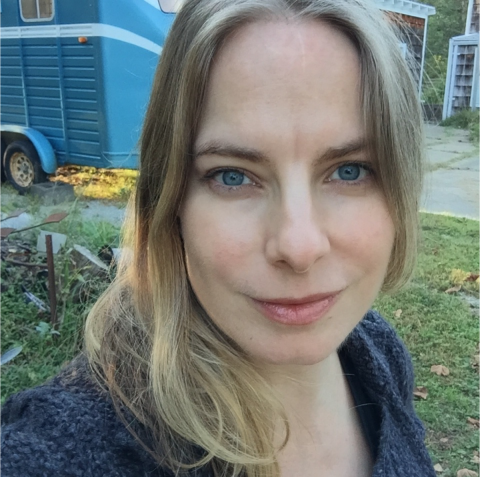
Heather Roberson Gaston
B.A., Peace and Conflict Studies, University of California at Berkeley, 2004
M.A.,Human Rights, Columbia University, 2013
Certificate in Advanced Study of Russia and East Central Europe, The Harriman Institute, Columbia University, 2013
Specialties
Conflict, Trauma, Nationalism, Identity, Human Rights, Austerity, The Former Yugoslavia, Israel/Palestine
My research interests tend to revolve around issues of conflict, trauma, human rights and, more recently, the impacts of government austerity on social relations. Although these issues can be studied really anywhere in the world, my primary region of study is the former Yugoslavia, to which I have been devoted for some fifteen years, having first traveled there while researching for a thesis I was writing as an undergraduate student in Peace and Conflict Studies. The subject of my thesis was the implementation of a peace deal called th "Ohrid Framework Agreement," which brought to an end an armed conflict between the government of the then-Republic of Macedonia and a guerilla army called the National Liberation Army. Out of this initial research trip grew numerous projects, among them a graphic novel I co-authored with Harvey Pekar, called Macedonia: What Does it Take to Stop a War? (Random House/Villard, 2008). This was followed years later by a Master's degree in Human Rights and a Certificate of Advanced Study of Central and Eastern Europe, both from Columbia University. While at Columbia, I continued to write on Macedonia (now North Macedonia), about problems still emerging from the implementation of the Ohrid Agreement, and issues of resurgent ethnic Macedonian nationalism.
Now, as a PhD student in Anthropology, I hope to bring to bear the tools of anthropology on questions that have long stymied me about conflict and human rights. From the time of my first visit to North Macedonia, I observed a fissure (a dangeous one!) between what local communities found meaningful and necessary on the one hand, and the lofty aims expressed by international officials regarding democracy, human rights, and the rule of law on the other. In the years since, including as an advisor on human rights issues, I have continued to observe this fissure, which has only grown deeper and wider, threatening to destabilize the region once again. In the coming years, as I undertake my study, I look forward to doing so using the lens of anthropology, which is a field of study that anticipates that understandings of concepts like human rights and democracy would not be universal, just as humans themselves are not universal.